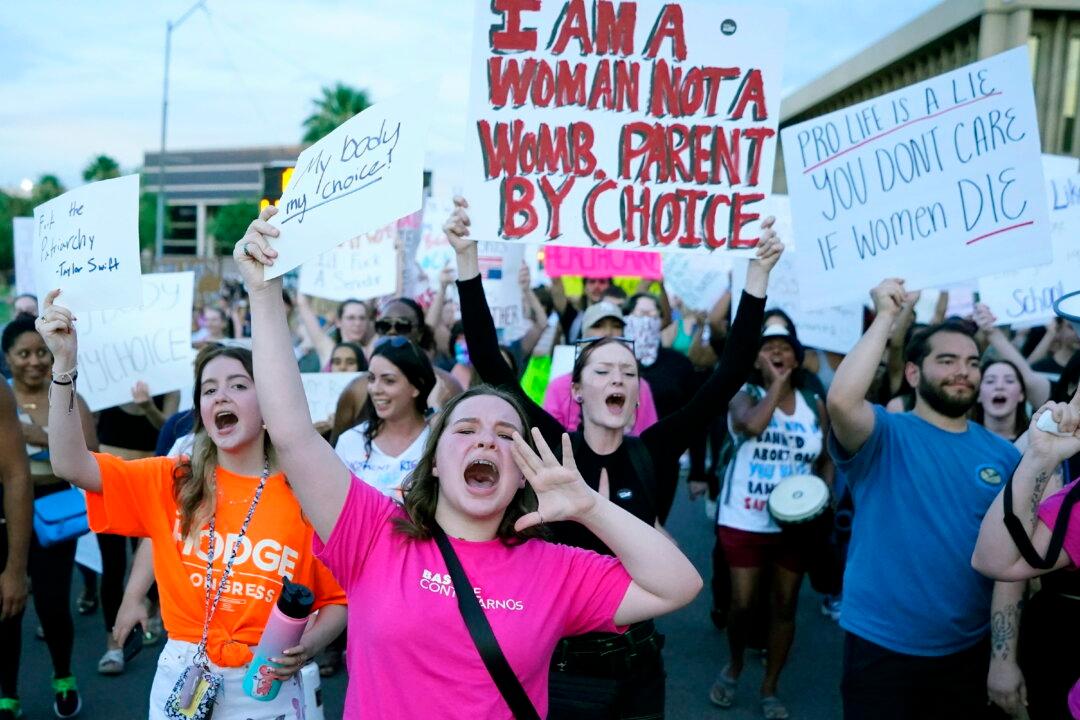Commentary
Everyone believes that they’re the hero in their own story, and it’s what pushes many of us toward wanting to affect society in a way that validates our hero status.

Everyone believes that they’re the hero in their own story, and it’s what pushes many of us toward wanting to affect society in a way that validates our hero status.